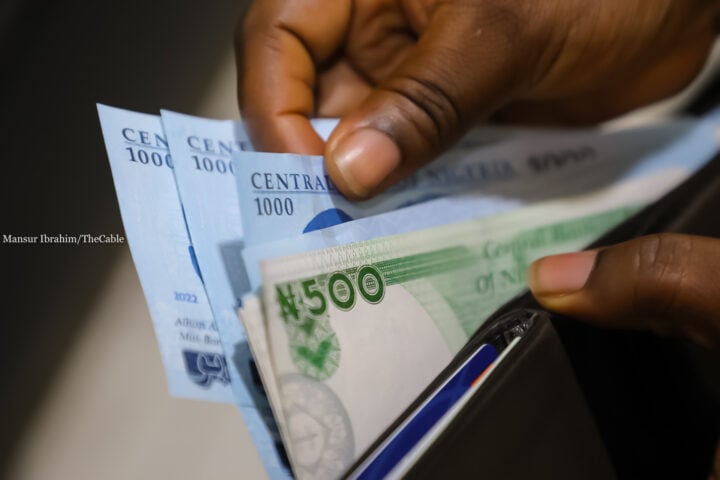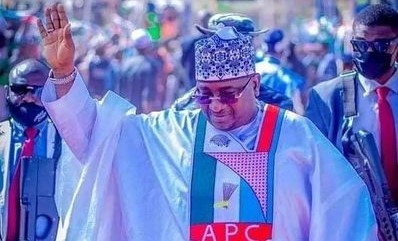The World Bank has described the naira and the kwanza of Angola as the “worst performing currencies” in Africa so far in 2023.
The organisation said both currencies have depreciated by nearly 40 percent.
The bank said the decision of the Central Bank of Nigeria (CBN) to remove trading restrictions on the official market weakened the naira.
According to the World Bank in its Africa’s Pulse report — a bi-annual publication of the office of the chief economist in the World Bank Africa Region released on Wednesday — kwanza declined in value because the country’s central bank stopped defending the currency.
Advertisement
The African Pulse report said Angola’s central bank took the decision because of low oil prices and greater debt payments.
“Other currencies with significant losses so far in 2023 are those of South Sudan (33 percent), Burundi (27 percent), the Democratic Republic of Congo (18 percent), Kenya (16 percent), Zambia (12 percent), Ghana (12 percent), and Rwanda (11 percent),” the report reads.
WORLD BANK CAUTIONS NIGERIA, OTHERS
Advertisement
The World Bank said Nigeria and Ethiopia should halt the production of more money.
The countries were also warned against providing untargeted subsidies and making foreign exchange distortions that contribute to a parallel premium.
“Central banks need to coordinate policy actions more tightly with the fiscal authorities to bring down inflation,” the bank said.
“Uncoordinated policy interventions — such as the monetary finding of fiscal deficits and the presence of foreign exchange controls — are also fueling inflation in some Sub-Saharan African countries (for instance, Ethiopia, Nigeria, and Zimbabwe),” the report reads.
Advertisement
The lender cautioned Ethiopia, Ghana, Nigeria and other countries with two-digit inflation rates to avoid unorthodox interventions that might render their monetary policies ineffective.
The interventions the World Bank warned against are: “…monetarization of the fiscal deficit, direct lending interventions, untargeted subsidy programs, or foreign exchange controls”.
“If monetary and fiscal actions are not adequately coordinated to bring down inflation, the risk of de-anchoring inflation expectations would fuel further inflation, accelerate interest rate increases, and exacerbate the deceleration of economic activity,” the report said.
Advertisement
Add a comment






